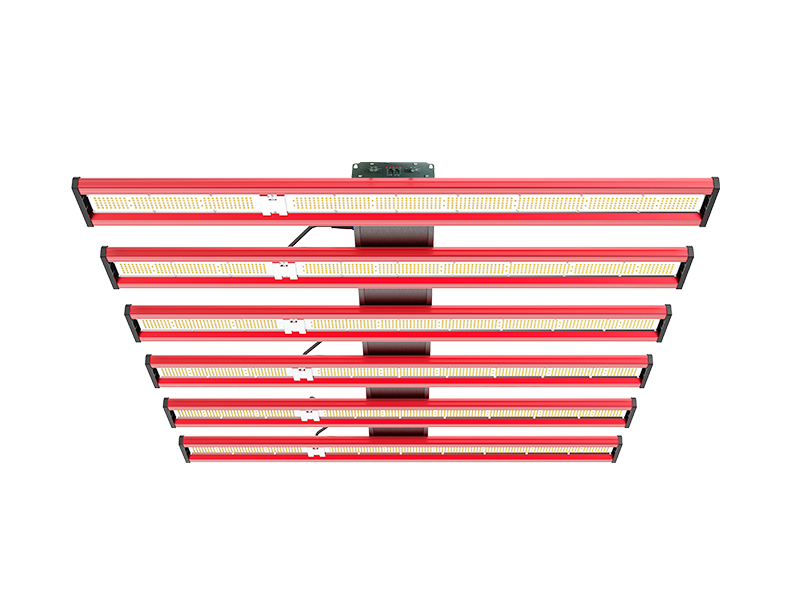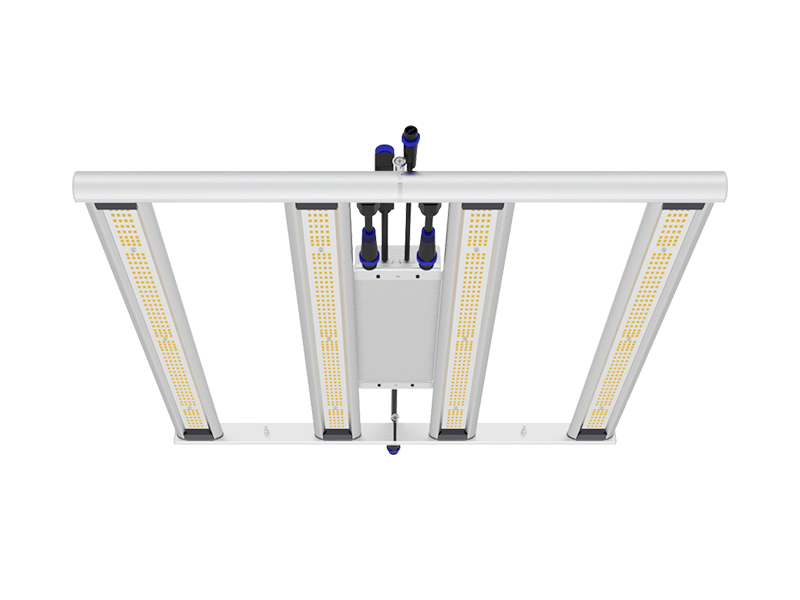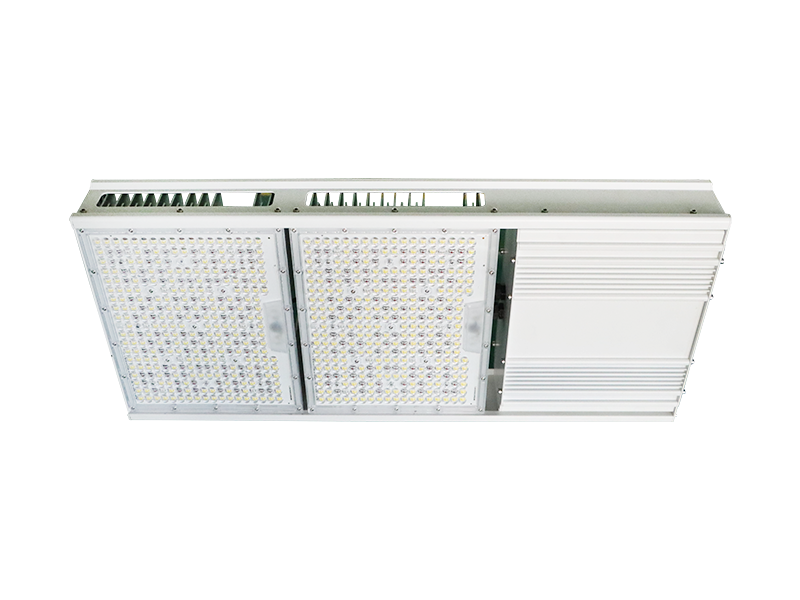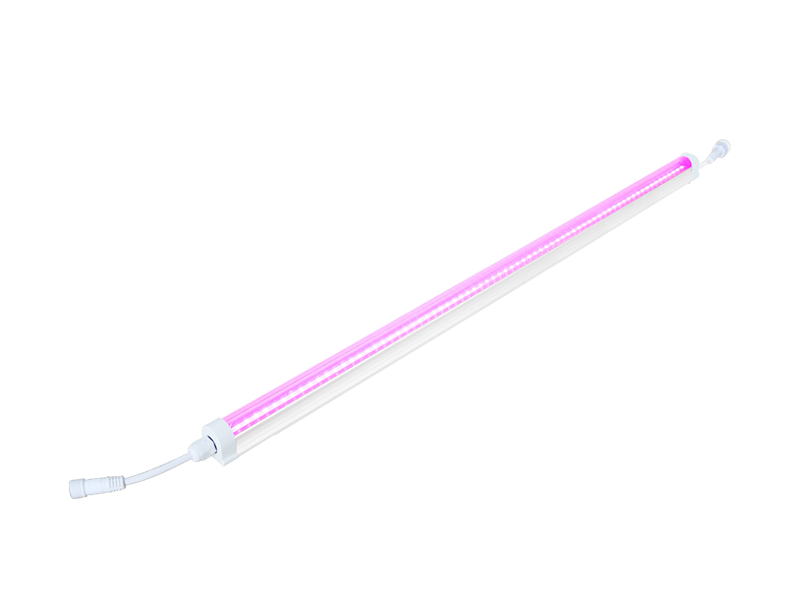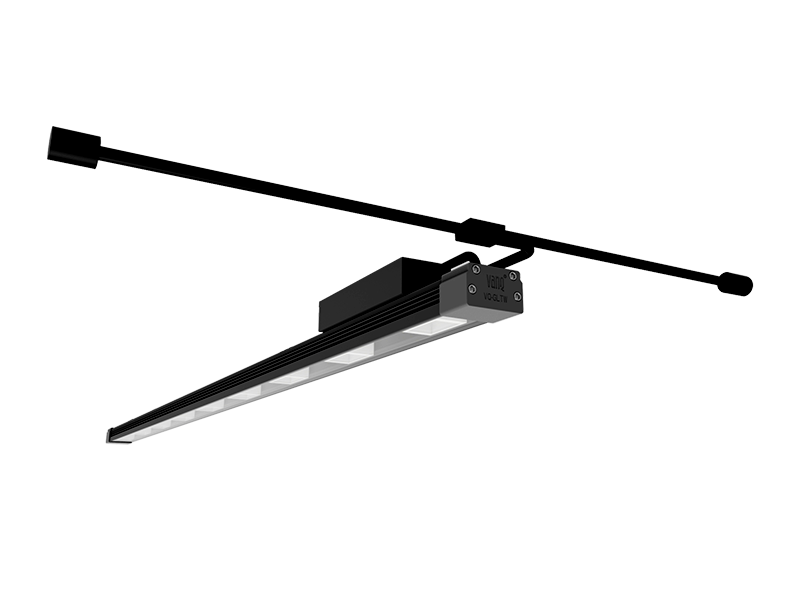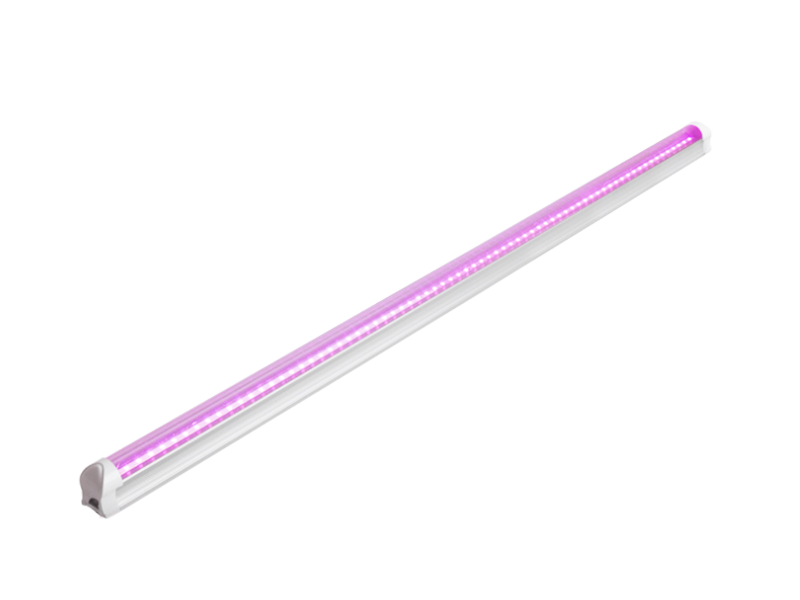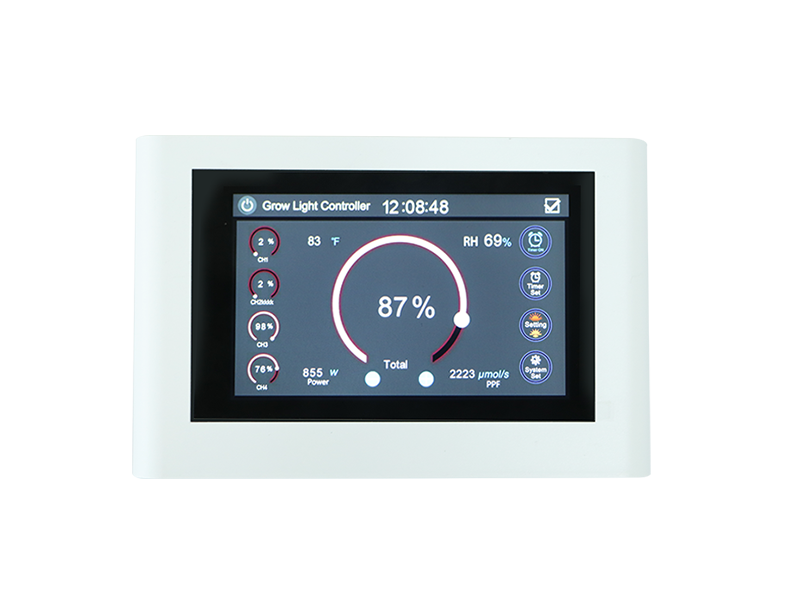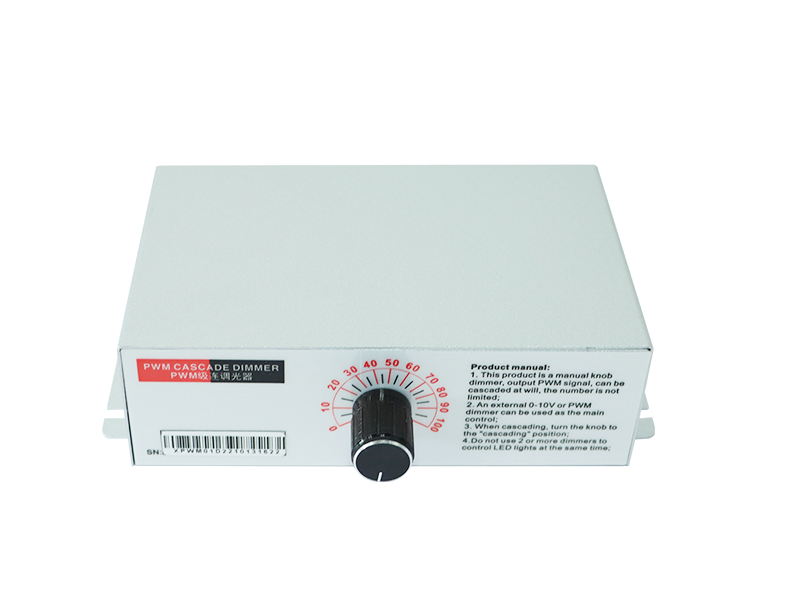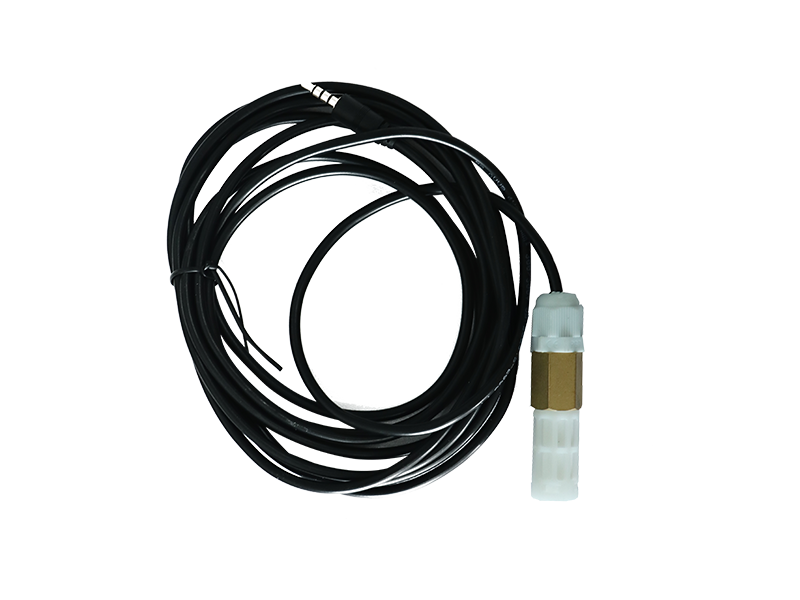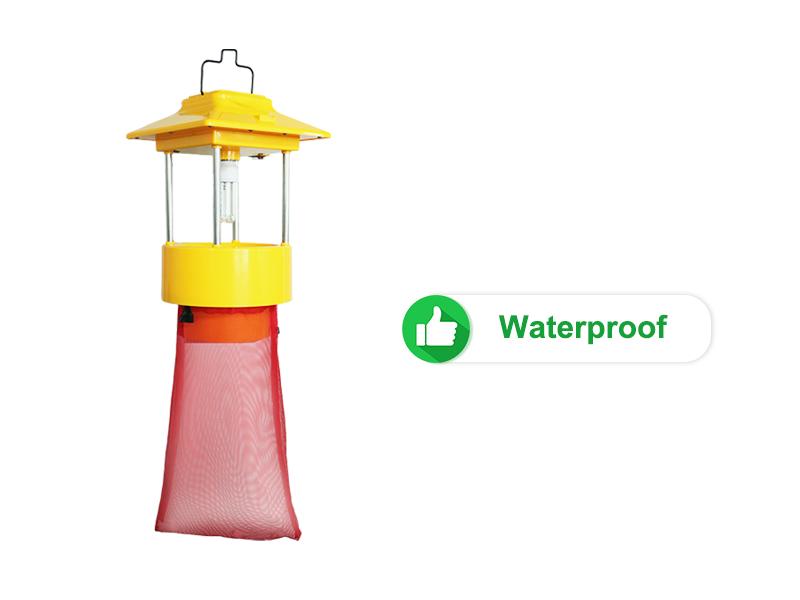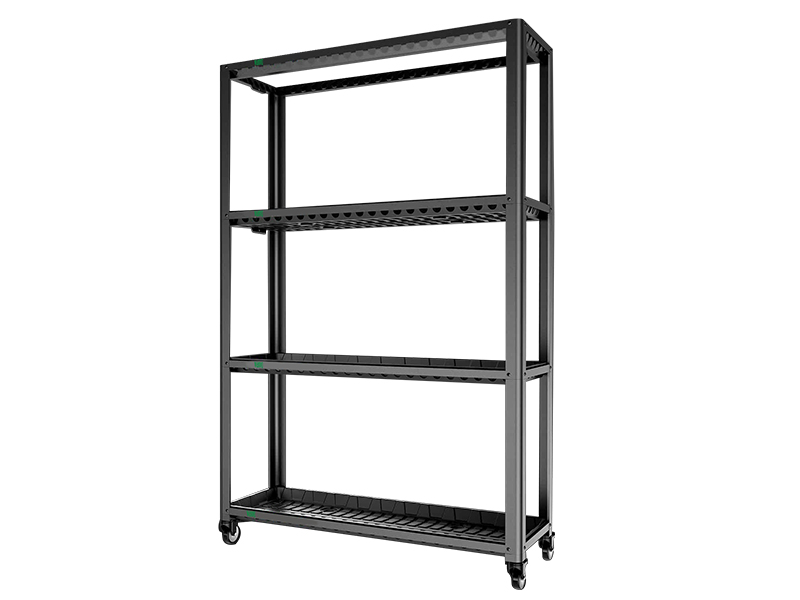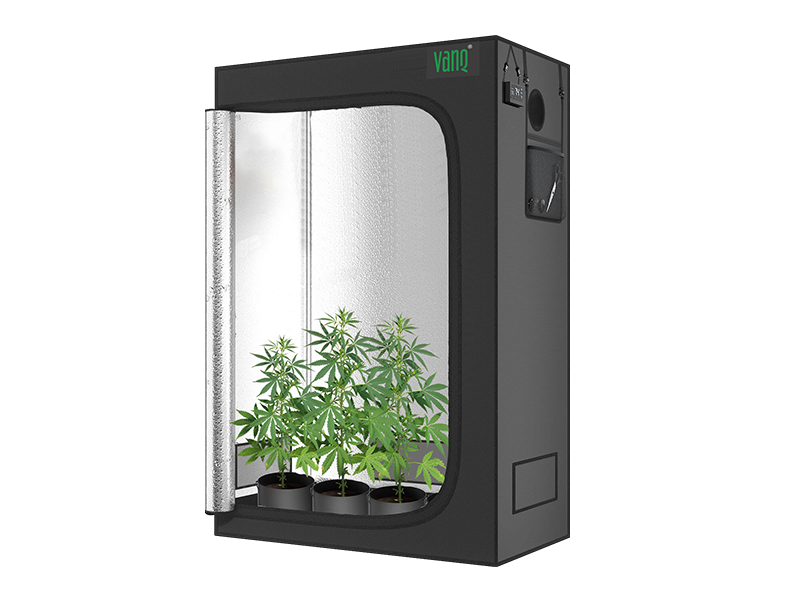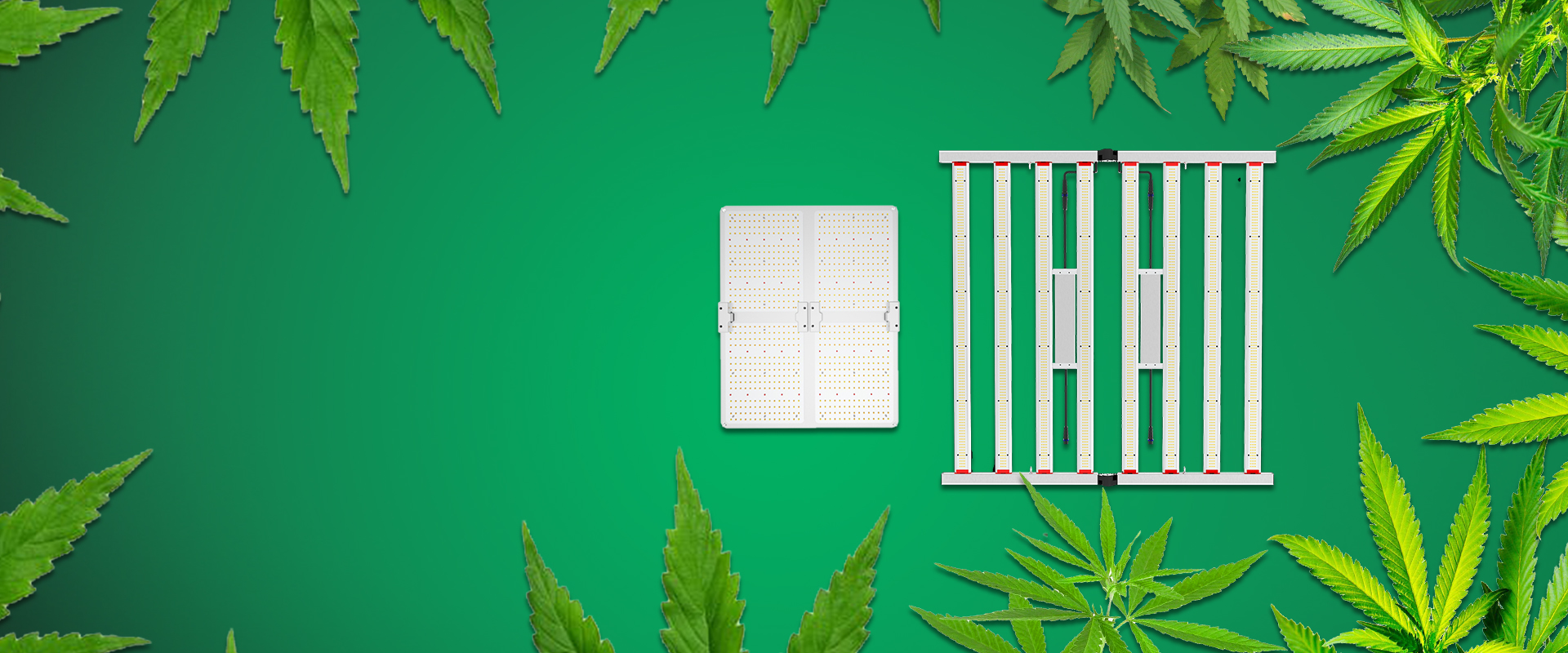Compared with soil cultivation, it is said that hydroponic farming can reduce water consumption by 80% to 90%.
is this real? Or is it just a gimmick?
In the face of growing water shortages, how big a role can hydroponic farming play in this field?
Let’s take a look at what kind of technology hydroponic farming uses to reduce water consumption by 90%, and what about the quality of hydroponic vegetables?
1. How can hydroponic farming achieve 90% water saving?

Why does traditional soil cultivation waste water?
In soil cultivation, water resources usually seep directly into the ground or evaporate.
But hydroponic cultivation is different.
In a hydroponic system, water and nutrient solutions are continuously circulated in a closed system.
What's special about this?
To put it simply, water will not be wasted after being used once, but will flow back to the storage tank through pipes and pumps. After simple filtration and nutritional supplementation, it will be supplied to plants again. In this way, hydroponic farming significantly reduces overall water usage by reusing the same water resource over and over again.
2.Hydroponics advantages

Next, let’s take a look at the advantages of hydroponics compared to soil cultivation.
1) Avoid over-irrigation
For example, in soil cultivation, it is generally more common to irrigate the entire field.
This can easily lead to uneven water distribution, resulting in over-watering in some areas and insufficient water supply in other areas.
And what about hydroponics?
It allows precise management of water and nutrient supply to each plant. This precise irrigation method not only ensures efficient use of water, but also avoids the waste of over-irrigation.
2) Reduce evaporation and leakage
Hydroponic cultivation greatly reduces water evaporation and leakage through closed pipe and container designs.
Especially in a greenhouse environment, the hydroponic system can effectively control the ambient humidity and temperature, further reducing the natural loss of water. The closed system design also prevents water from being absorbed into the soil, ensuring that all water is used directly for plant growth.
Compared with soil cultivation, water directly penetrates into the ground and evaporates when irrigating plants. Hydroponics, with its closed pipe and container design and recycling, can greatly reduce water waste.
3) Monitor the growth status of plants in real time
Modern hydroponic systems are usually equipped with humidity sensors, temperature sensors, pH sensors, EC (electrical conductivity) sensors, etc., which can monitor the growth status and water needs of plants in real time.
These sensors detect moisture, temperature and nutrient solution concentration at plant roots, and then adjust the amount of water and fertilizer supplied.
Can traditional soil cultivation do this?
That might be quite difficult.
3. Advantages of hydroponic vegetables

What is the most important thing about planting?
That is of course the final yield and quality of the final fruit!
If a handful of seeds are sown, the final yield will be few and the fruits will be small and astringent. No matter how much water consumption hydroponics can save, this method will definitely not acceptable.
So what is the effect of vegetables grown hydroponically?
1) Improvement of quality and taste:
Compared with traditional cultivation, there are endless problems of soil pollution, pests and diseases.
Hydroponic vegetables avoid these problems because the growing environment is completely controllable. This ensures the quality of hydroponic vegetables, which are often more tender and taste better.
The juicy vegetables in the supermarket are basically grown hydroponically, and are superior in color, taste and texture. One taste and you'll know.
2) Safety without pesticide residue:
Do you often eat vegetables with pesticide residues?
Traditional soil cultivation is almost inseparable from the use of pesticides because it is easy to breed pests. However, this also brings about the problem of pesticide residues.
Hydroponic vegetables are a completely different story. Thanks to soilless cultivation, pest and disease problems are greatly reduced, resulting in almost no need for pesticides.
3) Stable supply throughout the year:
No more worrying about not being able to eat your favorite vegetables in winter.
The hydroponic system can precisely control light, temperature and humidity, allowing hydroponic vegetables to achieve stable production all year round, regardless of seasonal and climate changes.
4) Fast growth and high yield:
How fast do you think hydroponic vegetables grow?
Under ideal nutritional and environmental conditions, they grow significantly faster than traditional soil cultivation. The nutrient solution is directly supplied to the plant roots, ensuring efficient absorption of nutrients, thereby shortening the growth cycle and increasing the yield per unit area.
Hydroponic agriculture not only saves water resources, but more importantly, brings higher yield and quality of plants. Re-look at agriculture in a new way and perspective.
VANQ is a leading manufacturer of LED grow lights for cannabis cultivation, vertical farming, greenhouses and tissue culture. With factories in China and warehouses in South Africa, the United States and Europe.


